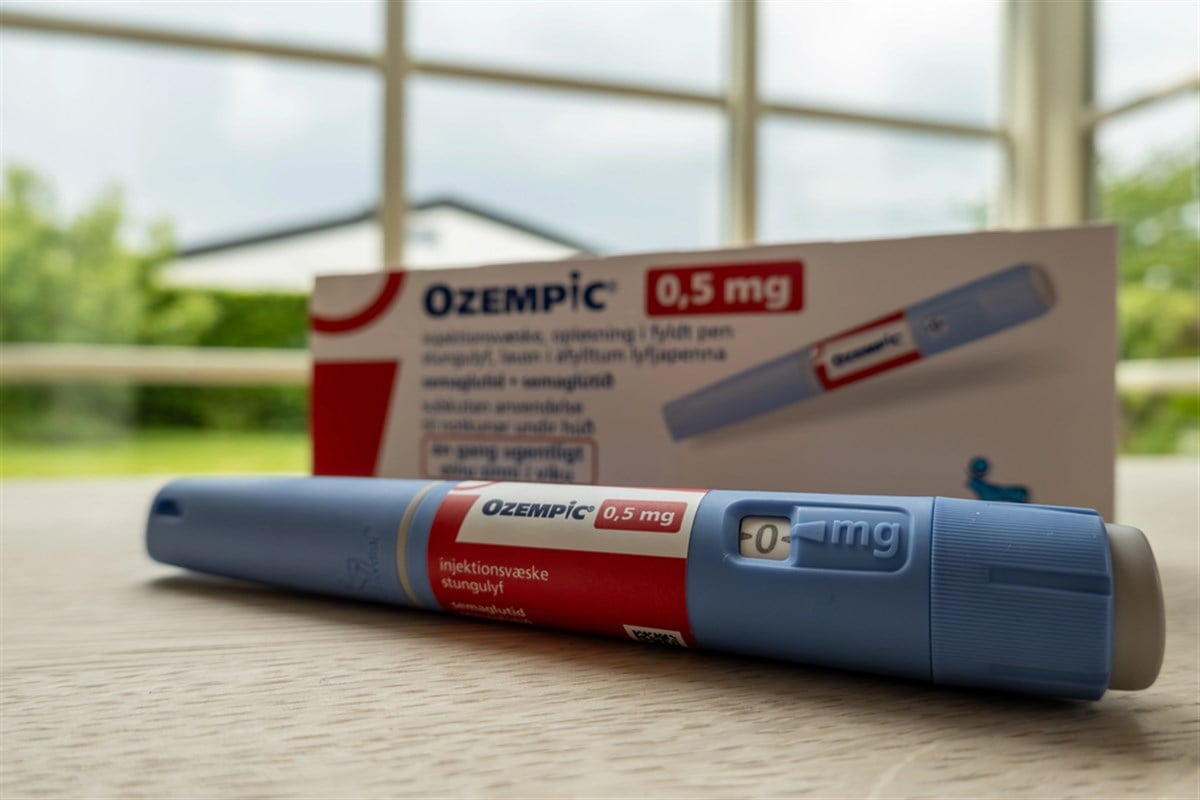Novo Nordisk's Shares Go on a Rollercoaster Ride After Earnings

Novo Nordisk (NYSE: NVO) is the world’s second-largest pharmaceutical company, with a market capitalization of $538 billion. The Danish firm’s shares have performed well so far in 2024, returning 23%, outperforming its sector. The iShares Global Healthcare ETF (NYSEARCA: IXJ) has returned 11%.
The firm's standout performance largely stems from its successful weight-loss and type 2 diabetes drugs, Ozempic and Wegovy. Let's delve into the firm's segments, highlight key points from the earnings release, explore the market reaction to a major competitor's earnings, and outline critical factors to monitor moving forward.
Novo Nordisk: Addressing the Massive Obesity and Diabetes Markets
Novo Nordisk divides its operations into two segments: Diabetes and Obesity and Rare Disease. Diabetes and Obesity are by far the most important, comprising over 90% of total sales in 2023.
The firm's weight loss and diabetes drugs address massive markets. As of 2022, over 1 billion people worldwide, or around one-eighth of the world’s population, lived with obesity. In 2021, 529 million people lived with diabetes, and 96% of those had type 2 diabetes, equal to 6.4% of the world's population at that time.
Shares Fall on Underwhelming Ozempic and Wegovy Growth
Novo Nordisk's shares fell over 8% after its earnings report. This was due to weight loss and diabetes drug sales missing expectations. Sales growth for Ozempic and Wegovy remained strong, rising 30% and 53%, respectively, in constant currency terms, although Wegovy's sales fell 14% short of analysts' expectations.
Wegovy is especially important because it treats obesity, the larger target market, while Ozempic treats type 2 diabetes. The firm’s CEO, Lars Jørgensen, attributed the sales miss to a decline in price due to a “one-off true-up for rebates given last year."
The firm agreed to pay rebates to insurance companies after they purchased the drugs in 2023, which it had to make good on in the quarter.
Novo Nordisk missed on earnings per share (EPS) substantially, coming in at 4.49 Danish kroner, equivalent to 66 cents USD. This was an earnings surprise of -9% and an increase of 4% from the previous year.
Net sales came in 500 million Danish kroner ($73,120,800 USD) below expectations, for a surprise of -0.07%. This represented an increase of 25% from the previous year. The company also saw its operating margin contract greatly, falling nearly 600 basis points from Q2 2023.
The company is expecting its operating margin to decline through the rest of the year. It raised revenue growth guidance to a midpoint of 25% but lowered operating profit growth to a midpoint of 24%.
Eli Lilly’s Results Ease Concerns, Shooting Shares Back Up
Curiously, the next day, shares recovered almost all the ground they lost, up 7.5%. The financial results of Eli Lilly (NYSE: LLY), released the day after Novo Nordisk's, contributed to this.
Lilly beat estimates on growth for its drugs Zepbound and Mounjaro by a wide margin. Zepbound, the rival to Wegovy, was the most important sign. It beat sales estimates by 33%. This eased concerns that the overall weight loss drug market growth is decelerating, helping Novo’s shares recover.
We can see the strong relationship between these two firms' results, as on the day of Novo’s negative earnings, Eli Lilly also fell over 2%.
NVO Needs Investments in Increased Supply to Pay Off
Seeing Novo Nordisk manage its supply constraints will be key to the firm's future success. Novo has had trouble producing enough of Ozempic and Wegovy’s active ingredient, liraglutide.
On Aug. 6, Novo showed it is making strides in increasing supply, with only the smallest of its four Wegovy doses listed as having "limited availability" in the FDA database.
However, this low dose is particularly important because patients start their treatment at this level and work their way up. Constrained supply here significantly lowers the amount of new patient growth that Wegovy can garner.
Increasing the supply of semaglutide is vital not only for the growth of Wegovy and Ozempic but also for the oral version of Wegovy, which is in Phase III FDA trials. Taking oral treatments as a once-daily pill could help introduce the drugs to a new market of people uncomfortable with needles.
However, since the body tends to absorb oral drugs less efficiently, the oral version needs more semaglutide. Novo’s supply of semaglutide should improve, considering the billions of dollars the company invested in manufacturing capacity in 2023 and 2024.
Source MarketBeat




